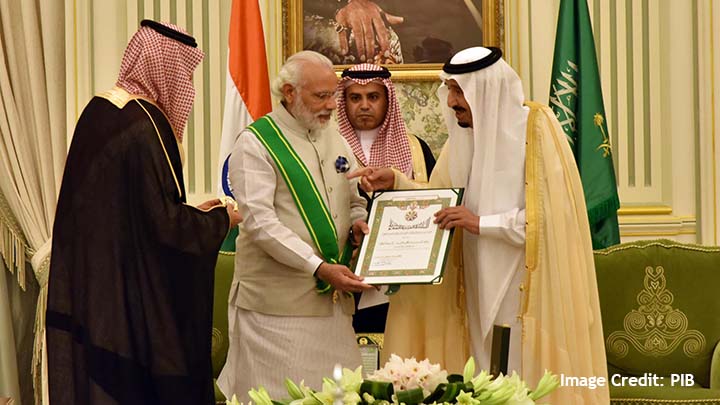India and the Persian Gulf: Bilateralism, Regional Security and the China Factor

Muddassir Quamar
Abstract:
This issue brief discusses how regional security in the Persian Gulf is vital for the international oil and gas market, and maritime security in the western Indian Ocean. For India, the region is additionally significant for the presence of its large expatriate population in the GCC and as an “extended neighborhood.” For three decades, India’s policy towards the Gulf and wider West Asia/Middle East region has been marked by bilateralism within the broader framework of a multi-aligned foreign policy. India eschews taking sides in regional disputes as it can harm its primary interests pertaining to trade, commerce, business, security and
defense cooperation. However, the developments in the Indo-Pacific, deterioration of Sino Indian relations, the expansion of China threat perception to western Indian Ocean, and the convergence on the China factor with the US and European countries is pushing India to recalibrate its regional approach as noticeable from three recent events.
Related Publications
-
Needed, a Framework to Protect Undersea Cables
In the data-driven world we live in, submarine cables are the arteries that connect nation-states and their people in literally every human activity, including trade, commerce, entertainment, and social interactions. […]
-
ISDP Annual Report 2023
ISDP’s Annual Report for the year 2023. We look back on 2023, a year in which tensions and conflicts captured the strategic space in ISDP’s focus areas, making headlines around […]
-
Climate Security in the Indo-Pacific: Priorities and Challenges
The climate vulnerabilities of the Indo-Pacific region have grown immensely with grave implications for regional, national, human, and ecological security. Climate action has been prioritized by most countries, including by […]
-
Indo-Pacific Security in 2030-35: Links in the Chain
In recent years, events like the COVID-19 pandemic and the Russia-Ukraine war have brought global supply chains squarely under the spotlight. The economic impact of these disruptive events exposed the […]
-
India-Middle East-Europe Economic Corridor: Will It Get Subsumed by Its Grand Vision?
The recently concluded Group of Twenty (G20) Summit in New Delhi under India’s presidency was, undoubtedly, a crowning moment for India. From providing the G20 with new relevance among the […]




